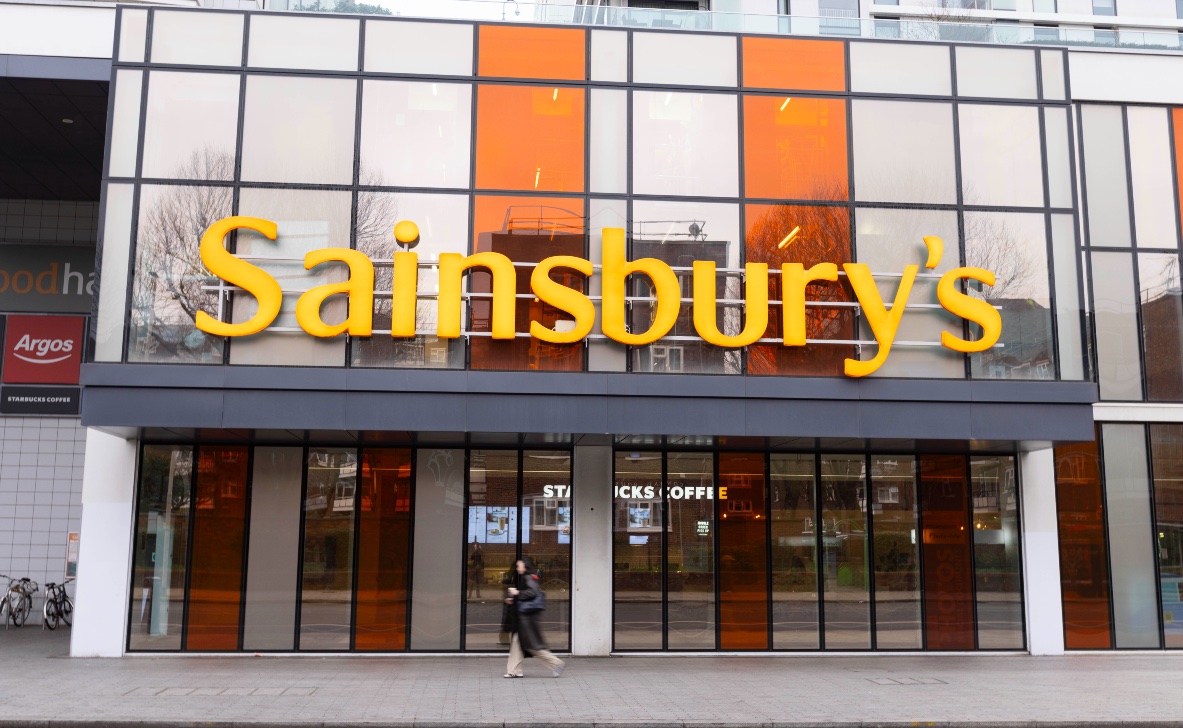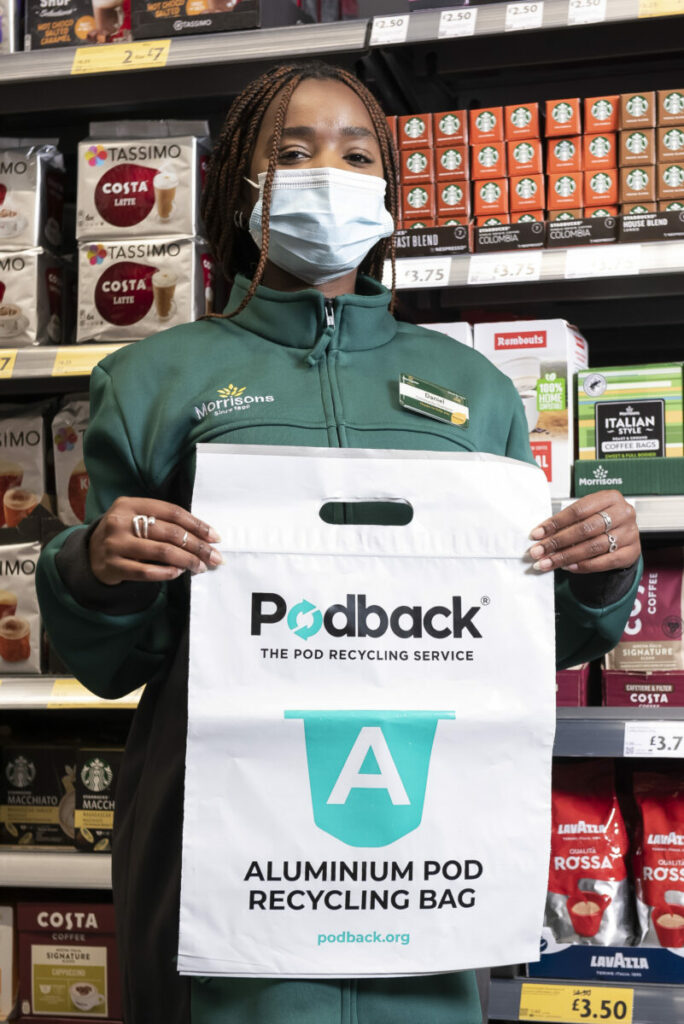Sainsbury’s has set ambitious new targets to decrease its greenhouse gas (GHG) emissions as it works towards its net zero goals and looks to ‘protect and restore nature’.
Fully verified by the Science Based Targets initiative (SBTi), the changes will see Sainsbury’s committing to reducing absolute scope 1 and scope 2 emissions by 68% by 2030, up from its previous goal of 50% over the same period.
At the same time, Sainsbury’s scope 3 emissions reduction target of 30% by 2030 has been split into two separate, more defined commitments.
It is aiming to reduce operational scope 3 emissions (which includes transport, energy use and manufacturing) by 50.4%, while also reducing scope 3 emissions from forest, land and agriculture (FLAG) by 36.4%.
This is the first time the retailer has set FLAG-specific goals.
All targets form part of the grocer’s work to fulfil its target of becoming net zero across its own operations by 2035 and in its value chain by 2050.
As part of reducing its scope 1 and 2 emissions targets, the retailer has removed HFCs (hydrofluorocarbons) and natural gas across its stores, introduced 100% LED lighting, and reduced energy consumption by an average of 70%, and is using 100% renewable electricity across its estate.
Subscribe to Sustainability Beat for free
Sign up here to get the latest sustainability news sent straight to your inbox every day
To reduce its scope 3 emissions, the retailer has introduced a low carbon beef range, and requested for suppliers to declare their site level emissions and reduction plans to help identify opportunities for further decarbonisation.
“Getting our updated targets validated by the SBTi is an important step forward. The effects of climate change are already so very real so it’s vital that we act now to reduce emissions and protect and restore nature to help us build a resilient future for all,” said Sainsbury’s director of corporate responsibility and sustainability Ruth Cranston.
She added: “Our ambition to achieve net zero by 2050 will require transformation across our whole business, supply chains, as well as how we help our customers to make informed choices. We can’t do this alone, so collaboration as an industry is will be critical to drive the required change.”
Wrap director of behaviour change Catherine David added: “We welcome this move by Sainsbury’s, to collaborate on action towards net zero and set validated targets. We know that to achieve the scale and speed of GHG reductions needed, working to change how we produce and consume food is essential.”
“We are delighted that, as signatories to Courtauld 2030, a commitment based on collaborating to achieve key environmental targets around sustainable food production – Sainsbury’s are leading by example.”















